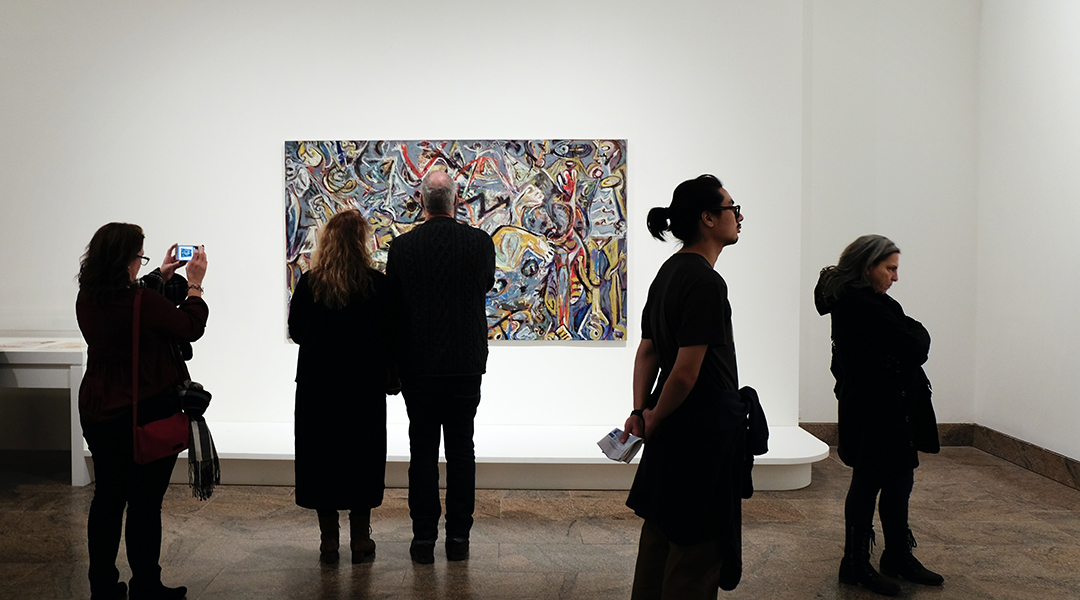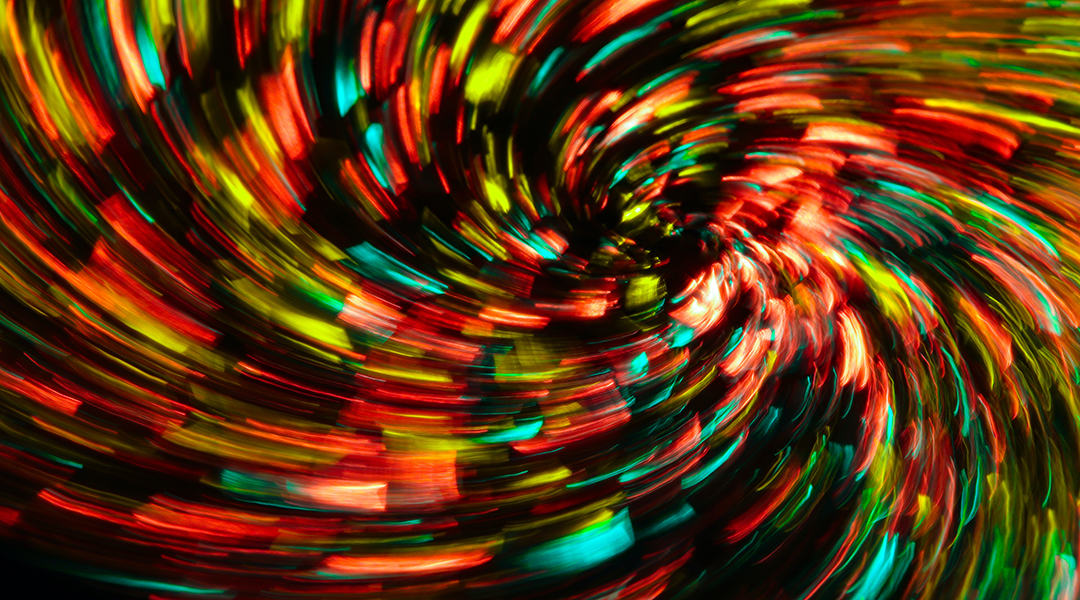For fusion reactions to become practical, parameters such as plasma density and shape must be monitored in real time and impending disruptions responded to instantly.


For fusion reactions to become practical, parameters such as plasma density and shape must be monitored in real time and impending disruptions responded to instantly.

A new device can detect Salmonella on individual products in real-time and with minimal need for laboratory equipment or specialized operators.

An acid sensitive hydrogel makes it possible to detect dangerous leaks before they cause damage.

Fermions forming pairs? It’s just a matter of getting the conditions right.

Study finds air pollution, specifically ozone exposure, has a disruptive affect on the genes responsible for circadian rhythms in the lungs.

Is AI that predicts which paintings are memorable and famous, regardless of content, style, or context, a threat to creativity or tool for positive change?

A textured film maximizes sunlight by generating an increased amount of red light, reducing the costs of algae production on a significant scale.

Researchers investigate dark photons as alternatives to dark matter, aiming to detect these particles through experiments involving the conversion of light.

A new approach to understanding gravity helps eliminate some discrepancies inherent in general relativity.

Cutting-edge smart packaging uses a color-changing sensor to detect food spoilage, revolutionizing quality control and safety in the food industry.